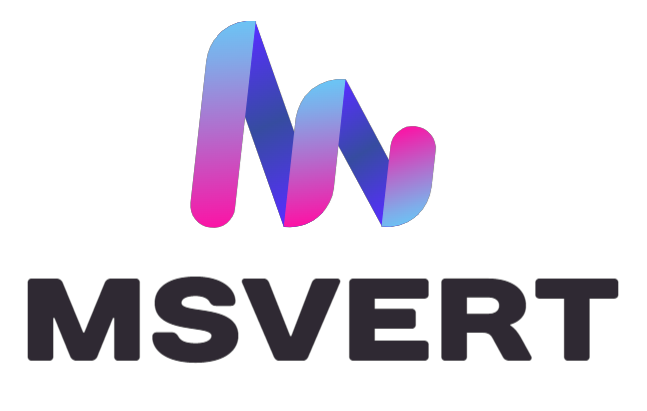Social Media Marketing
Social media marketing (SMM) is a powerful strategy for promoting products, services, or brands through various social media platforms. Here's a comprehensive overview of social media marketing:
Strategy Development:
Define clear goals and objectives for social media marketing efforts (e.g., brand awareness, lead generation, customer engagement).
Conduct audience research to understand demographics, interests, and behaviors of target audience.
Choose appropriate social media platforms based on target audience demographics and business objectives.
Develop a content strategy outlining the types of content to be shared, frequency of posting, and tone of voice.
Content Creation:
Create engaging and relevant content that resonates with the target audience.
Incorporate multimedia elements such as images, videos, and infographics to increase engagement.
Ensure consistency in branding across all content to reinforce brand identity.
Community Engagement:
Foster relationships with followers by responding to comments, messages, and mentions in a timely manner.
Encourage user-generated content (UGC) by running contests, polls, or campaigns that involve the audience.
Participate in relevant conversations and engage with industry influencers to expand reach and credibility.
Paid Advertising:
Utilize paid advertising options offered by social media platforms (e.g., Facebook Ads, Instagram Ads, LinkedIn Ads).
Target specific audience segments based on demographics, interests, behaviors, or retargeting criteria.
Monitor and optimize ad campaigns to improve performance and achieve desired outcomes.
Analytics and Measurement:
Track key performance indicators (KPIs) such as reach, engagement, conversion rates, and ROI.
Use social media analytics tools (e.g., Facebook Insights, Twitter Analytics) to gather insights and identify trends.
Adjust strategies and tactics based on performance data to maximize effectiveness.
Influencer Partnerships:
Collaborate with influencers or brand ambassadors who have a significant following and influence within the target audience.
Identify relevant influencers whose values align with the brand and whose audience matches the target demographic.
Negotiate partnerships and campaigns to leverage the influencer's reach and credibility.
Community Management:
Build and nurture online communities around the brand by creating groups or forums where followers can connect and engage.
Encourage user participation and facilitate discussions on relevant topics related to the brand or industry.
Monitor community conversations and address any issues or concerns raised by members.
Trend Monitoring and Adaptation:
Stay updated with social media trends, algorithm changes, and industry developments.
Experiment with new features and formats introduced by social media platforms to stay ahead of the curve.
Continuously adapt strategies based on shifts in consumer behavior and preferences.
Social media marketing is an ongoing process that requires creativity, strategic thinking, and continuous optimization. By understanding the target audience, leveraging engaging content, and utilizing analytics to measure performance, businesses can effectively leverage social media to achieve their marketing objectives and drive meaningful results.
